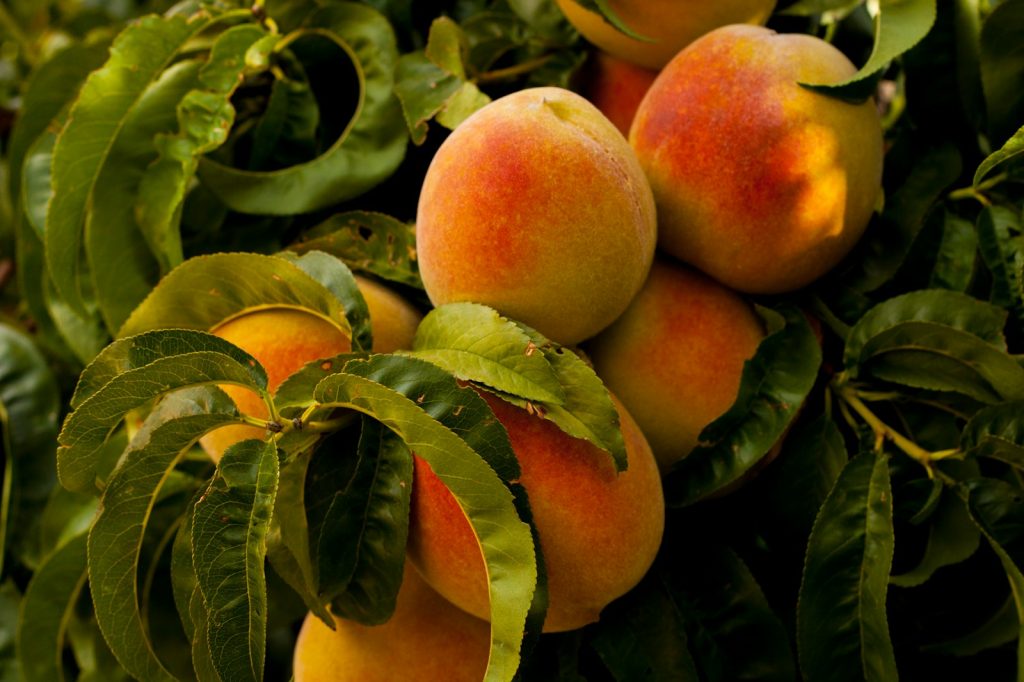SPC: Australian Company Reduces Orders for Peaches and Pears by 40%
Australia’s leading cannery giant, SPC, has recently announced its decision to significantly reduce orders from local growers for the upcoming season. The company plans to slash orders for peaches and pears by 40% due to changing consumer spending habits and a growing cost-of-living crisis.
The Goulburn Valley-based company, with more than a century of fruit processing experience in Shepparton, Victoria, stated that the reduction in demand for its products is primarily attributed to households seeking more affordable alternatives. Consumers are turning to imported fruit products, sourced from countries like South Africa and China, where the production costs are lower.
Support Local: Buy Australian Fruit
SPC spokesperson emphasized the importance of supporting local growers and urged Australian consumers to prioritize buying Australian-made products. By choosing locally grown fruits, consumers can contribute to sustaining domestic farming communities and ensure the quality of the produce.
The cost-of-living crisis has placed significant pressure on Australian households, resulting in budget cuts across multiple areas, including food. As a result, SPC has made the difficult decision to reduce its orders of peaches and pears for the upcoming season.
The company has provided advance notice to its growers regarding the changes in production, aiming to give them ample time to adjust their operations accordingly. However, SPC assured that there would be no changes in the sourcing of apricots, plums, and apples.
Looking Towards the Future
While SPC acknowledges the current challenges, it remains hopeful that the demand for peaches and pears will normalize by 2026. In the meantime, the company encourages consumers to explore a variety of Australian-grown fruits and support local agriculture.
In conclusion, SPC’s decision to reduce orders for peaches and pears reflects the changing consumer landscape and the need to adapt to shifting market dynamics. By choosing to buy Australian-made products, consumers can support local growers and contribute to the sustainability of the domestic fruit industry.



